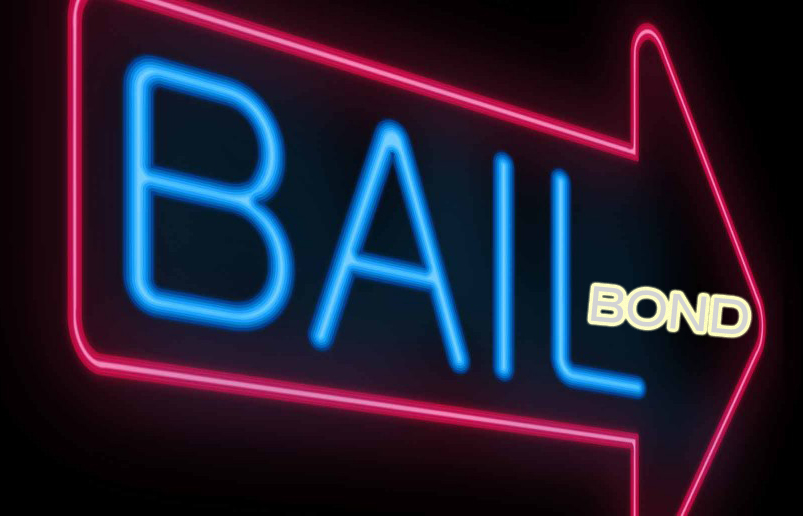The United States Federal Bureau of Investigation – or FBI – indicates that 10,662,252 people were arrested across the United States for crimes ranging from marijuana possession to murder. Most people who get arrested are kept in jail until their scheduled court date. Few are released by courts of law on their own recognizance – it’s essentially a free bond out of jail card, ala Monopoly – and the rest are forced to either sign their own assets over to courts of law temporarily in exchange for signing bond agreements, or formal pledges of accused criminals to appear back in court at an agreed-upon date.

Unless you’re an attorney or familiar with legal processes via experience, you probably aren’t too keen on the ideology behind bonds, bails, and bail bonding. Let’s try to clear that up for you.
Bail Bonding Isn’t A Popular Practice Around Planet Earth
Only two national governments support a cash bail system; these systems – those of the Philippines and the United States – allow people to be released from jail until their court hearings if they’re able to provide enough cash, cash equivalents, and other assets to courts of law as a way of saying, “I’ll be back for my court date because I don’t want to surrender my assets.”
In all other countries, people who are arrested are allowed to live freely until their scheduled court dates. As such, if you’re not from the US – or the Philippines, for that matter – it’s OK if you’ve never known what bail bonding is.
The Definitions Of Bail And Bond
Bail refers to the dollar amount requested by courts of law that alleged wrongdoers have to temporarily provide them ownership of in the interim to be released. Bonds are the written agreements people make with courts of law to appear back in court.
There’s a lot more left to learn about bail bonds. It’s OK to feel like you aren’t an expert in bail bonds beaver county pa, but it sure helps to learn these things in case you’re involved in the bail bonding process one day.










